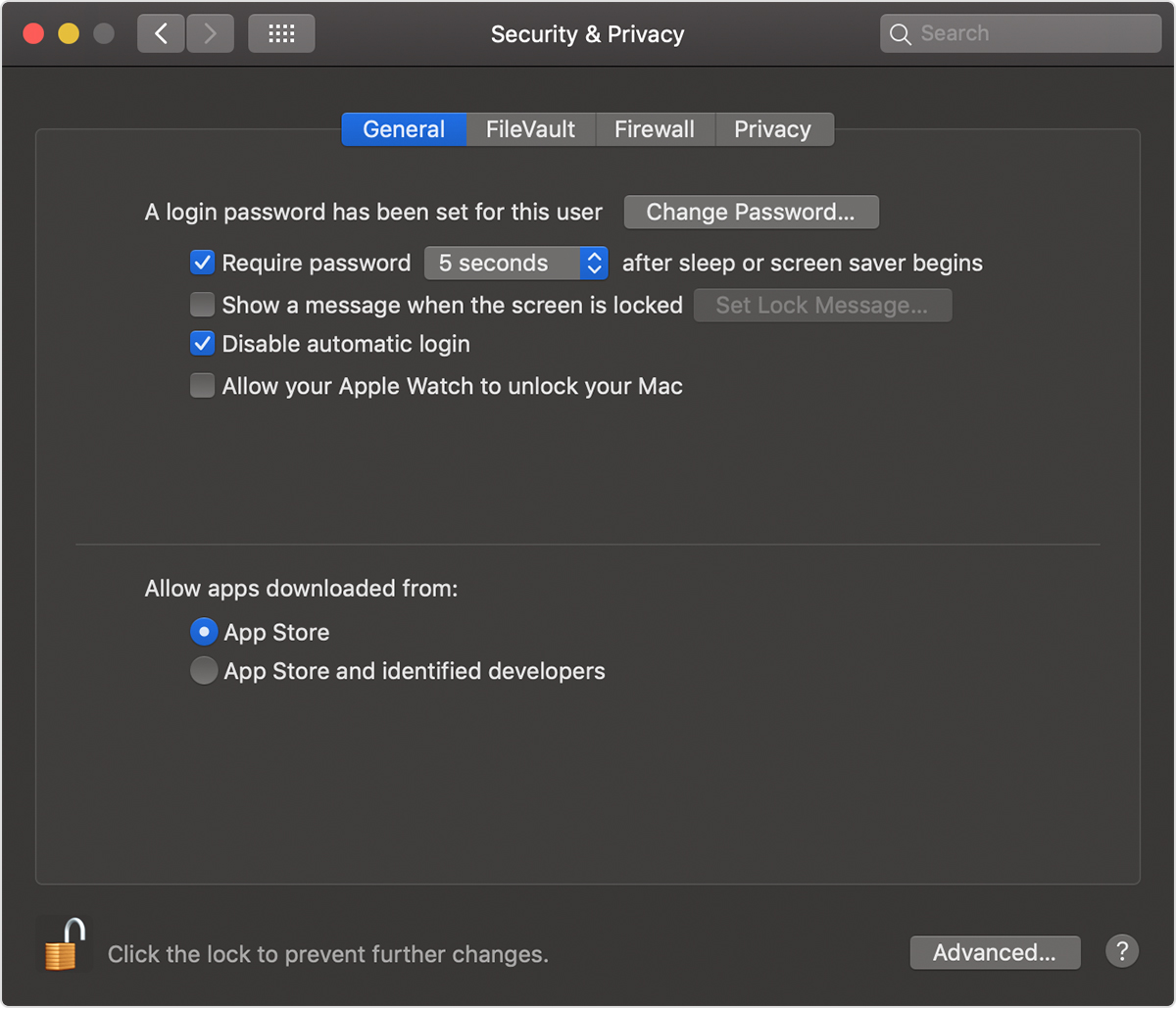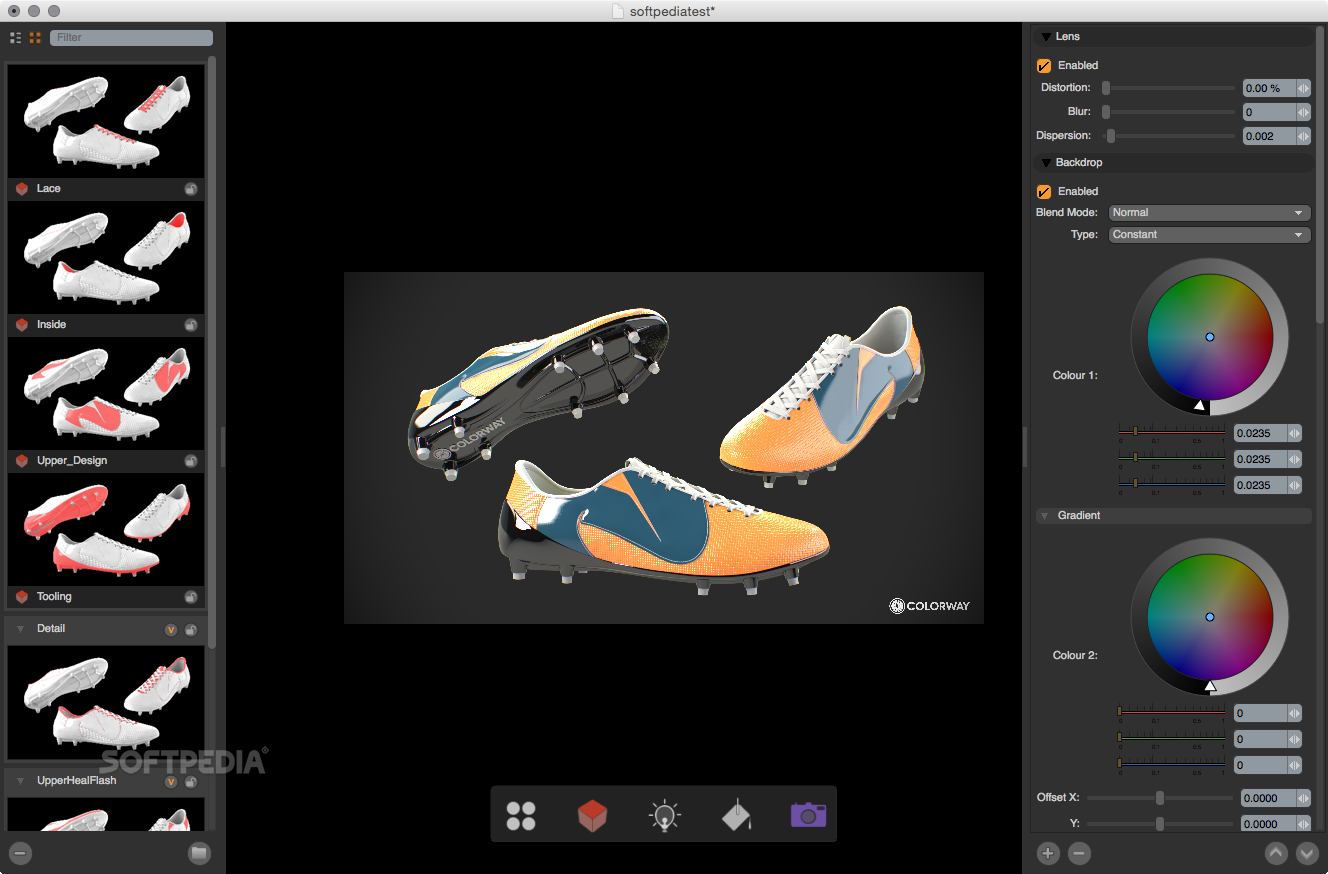The Print Shop For Mac Version 2
| Original author(s) | David Balsam Martin Kahn |
|---|---|
| Developer(s) | Broderbund |
| Initial release | 1984; 37 years ago |
| Stable release | |
| Operating system | Windows, macOS discontinued: Apple II, Atari 8-bit, MS-DOS, C64, J-3100, NEC PC-9801 |
| License | Proprietary software |
| Website | www.broderbund.com, www.printshop.com |
The Print Shop is a basic desktop publishing software package originally published in 1984 by Broderbund. It was unique in that it provided libraries of clip art and templates through a simple interface to build signs, posters and banners with household dot-matrix printers.[1] Over the years, the software has been updated to accommodate changing file formats and printer technologies.
The original version was for the Apple II and created signs, cards, banners, and letterheads.[1] Designed by David Balsam and programmed by Martin Kahn, it became one of the most popular Apple II titles of all time. Versions for MS-DOS, Commodore 64, and the Atari 8-bit family followed, as did a variant for the Apple IIGS. These versions were published in Europe by Ariolasoft.
Print Shop 2.0 Download
- The Print Shop 2 for Mac: Download: Version 2.0.11 Updater: Size: 20.3 MB: Register to download. First Name:. Last Name:. Email:. Country: Notify me when future updates are available Add me to the Software MacKiev mailing list.
- Download Print Shop 2 Updater 3.0 for Mac from our website for free. The most popular version of the software is 2.0. Our antivirus analysis shows that this Mac download is clean. The actual developer of this free Mac application is Software MacKiev. The application's installer is commonly called theprintshop2-2011updater.dmg.
NEW: PrintFab 2.96 with Big Sur and native M1 support, new Epson EcoTank and SureColor drivers over 600 printers supported e.g. Canon imagePROGRAF Pro-1000, Canon PIXMA, Epson EcoTank, Epson XP, Epson SureColor SC-P400, SC-P600, SC-P800, SC-T2100, T3100, T3200, T5100, T5200, T7200, F500, F570.
Reception[edit]
The Print Shop was very successful. In 1985, it and Ghostbusters were reportedly the two most widely pirated Commodore 64 programs.[2]II Computing listed it seventh on the magazine's list of top Apple II non-game, non-educational software as of late 1985, based on sales and market-share data.[3] In 1988, Broderbund announced that the company had sold more than one million copies, and that sales of the software comprised 4% of the entire United States software market in 1987.[4] In April 1989, it was awarded a 'Diamond' certification from the Software Publishers Association for sales above 500,000 units.[5] The series comprised 29% of Broderbund revenue in fiscal year 1992.[6]
Ahoy!'s reviewer called the Commodore 64 version of The Print Shop 'one of the best thought out, easiest to use packages I've come across', reporting that he did not need to use the manual to produce his first greeting cards. He predicted that the software 'is destined to become one of the most popular packages for the Commodore 64'.[7]II Computing criticized the Apple II version's inflexible layout options and lack of print preview, but concluded that it 'is truly 'a graphics utility for the rest of us', encouraging creativity and self-expression ... you'll want to use this program over and over again'.[8]

The Print Shop Companion[edit]
The Print Shop Companion, developed by Roland Gustafsson and released in 1985, added a calendar feature, an updated graphic editor, font and border editors, and a 'Creature Maker' game, as well as an expanded library of fonts, borders, and graphics. Initially, to use the new fonts and borders in The Print Shop Companion had to modify the original program; subsequent releases of The Print Shop included built-in support for Companion.
In 1986, the first AppleMacintosh version was released. It featured graphics by Marney Morris and was the most powerful version available at the time. It was popular in schools and contained a unique feature with which graphics could be transferred to or from a MacPaint file.
Graphics libraries for The Print Shop came from Broderbund and other vendors.[8][9] Libraries were produced for the original version and continued to be rolled out as late as the 1990s. User-produced graphics were also commonly distributed by various user groups, and even submitted to disk magazines, such as the Softdisk family of magazines.
The New Print Shop and subsequent versions[edit]
The New Print Shop came out in 1988 for Apple II and MS-DOS, and improved on the original.[10]Print Shop Deluxe, for Mac, MS-DOS, and Windows, followed in 1993. Deluxe used a new all-graphical interface still found in Print Shop programs today and allowed for the creation of calendars. Print Shop Deluxe Companion added new modules and graphics, and the Ensemble version combined The Print Shop, the Companion, and several graphics libraries on one CD.
Many new versions of The Print Shop followed, such as Ensemble II. Now over 20 years old, Print Shop still generates printed greeting cards, banners, and signs. It offers new types of printed output, including CD and DVD labels and inserts, iPod skins, and photo book pages. For small-business users, it also offers projects such as business cards, letterheads, and presentations.
On January 15, 2010, a new version for the PC-supporting Windows 7 titled The Print Shop 2.0 was released, published by Encore, Inc.. It is published in Standard, Deluxe, and Professional variants.[11]
To address Windows 7 support for pre-2.0 projects, an incremental release to the old line, The Print Shop Version 2.1 was released in July 2010.
For macOS (formerly Mac OS X), the most recent version is 4.0, developed and published by Software MacKiev, and released in December 2017.
Reception[edit]
Print Shop Deluxe was reviewed in the Oppenheim Toy Portfolio Guide Book where it was praised for 'produc[ing] high-quality greeting-cards, signs, stationary, banners, calendars, gift tags and posters'.[12]
Notes[edit]
- ^ abInfoWorld magazine, page 57 - 17 September 1984
- ^Peterson, Cheryl (August 1985). 'Editorial'. Ahoy!. p. 5. Retrieved 27 June 2014.
- ^Ciraolo, Michael (Oct–Nov 1985). 'Top Software / A List of Favorites'. II Computing. p. 51. Retrieved 28 January 2015.
- ^'Inside the Industry'. Computer Gaming World. April 1988. p. 8.
- ^Petska-Juliussen, Karen; Juliussen, Egil (1990). The Computer Industry Almanac 1990. New York: Brady. pp. 3.10-11. ISBN978-0-13-154122-1.
- ^'The Print Shop Still Prints Money At Broderbund Software'. Computer Gaming World. February 1993. p. 82. Retrieved 6 July 2014.
- ^Kevelson, Morton (July 1985). 'Print Shop'. Ahoy!. pp. 50–53. Retrieved 27 June 2014.
- ^ abKovacs, Deborah (Oct–Nov 1985). 'The Print Shop and The Newsroom'. II Computing. pp. 48–49. Retrieved 28 January 2015.
- ^'Allow Us to Draw Your Attention (advertisement)'. Compute's Gazette. June 1987. p. 5. Retrieved 6 October 2013.
- ^'The New Print Shop Reference Manual for the Apple IIe / IIc / IIc Plus'. Broderbund Software. 1990.
- ^Pierre-Louis, Errol (March 31, 2010). 'Print Shop Pro 2.0'. PC Magazine. Retrieved May 10, 2015.
- ^Oppenheim, Joanne and Stephanie (1993). 'Computer Software/CD-ROM - Tools for Creative Expression: 'The Print Shop Deluxe''. The Best Toys, Books & Videos for Kids. Oppenheim Toy Portfolio Guide Book. 1 (1st ed.). New York: Harper Perennial. p. 271. ISBN0-06-273196-3.
External links[edit]
- Current site for The Print Shop 23 for Windows 10
- Current site for The Print Shop for PC & Mac
| File Format | |
|---|---|
| Name | The Print Shop |
| Ontology |
|
| Extension(s) | .nam, .dat, .pnm, .pog |
| PRONOM | fmt/1299, fmt/1300, fmt/1301, x-fmt/168 |
| Released | 1984 |
The Print Shop is a desktop publishing application from Brøderbund. Released with names 'The Print Shop', The Print Shop Deluxe', The Print Shop Professional', 'The Print Shop Ensemble', 'The Print Shop Premier', along with others.
Early versions of it stored clip art libraries in a pair of files whose names begin with 'GR', and which apparently use extensions '.NAM' and '.DAT'. The .NAM file contains names, and the .DAT file contains graphics.
A version of it named The New Print Shop used a variant format with filename extensions '.PNM' and '.POG'.
There are many other file extensions, for different graphics formats, format versions, border graphics, fonts, etc. These include .PNG, .CNG, .PBG, .PBD, .POB, .PFN, .PNF, and probably many others. More research is needed here.
|
Format details
Format Compatibility
Print Shop Software For Mac

The Print Shop versions 20-23.1 can open files from the following[1]:
- The Print Shop® version 10 and newer
- American Greetings® CreataCard® 5 and newer
- American Greetings® Spiritual Expressions 3 and newer
- American Greetings® Print! Premium 3 and newer
- PrintMaster® version 7 and newer
Click Art
A DAT file consists of a 572-byte raw bitmap segment for each (bi-level, 88×52) image. It is usually a multiple of 572 bytes in size.
POG files are apparently the same as DAT files, except that they begin with a 10-byte header.
The Print Shop versions 1-4
Deluxe Versions 1 (1992) to version 4 (1996) uses 5 - 7 extensions to identify project types. File headers begin with ascii PSDeluxe or PrintShopDeluxe.
| Project Type | Extension | Project Type | Extension |
|---|---|---|---|
| Banners | .PDB | Stationary | .PDL |
| Calendars | .PDC | Signs & Posters | .PDS |
| Certificates | .PCC | Cards | .PDG |
| Labels | .PDA |

The Print Shop versions 5-6
Versions 5-6 (1997-1999) uses 15 different extensions, identical to earlier versions but different structure, to identify project types. Files are in a proprietary format, header begins with hex values '79 A6 00 00 49 49 49 49 38'
| Project Type | Extension | Project Type | Extension |
|---|---|---|---|
| Banners | .PDB | Letterhead | .PDL |
| Blank Pages & Signs | .PDS | Online Greetings | .PSO |
| Business Cards | .PCB | Pamphlets | .PDP |
| Calendars | .PDC | Photo Pages | .PHO |
| Certificates | .PCC | Postcards | .PCP |
| Envelopes | .PCE | Post-It Notes | .PPI |
| Greeting Cards | .PDG | Labels | .PDA |
The Print Shop versions 10-23.1
Versions 10-23.1 (2000-2010) uses 20 extensions to identify project types. All are in the 'OLE2' document container format.
| Project Type | Extension | Project Type | Extension |
|---|---|---|---|
| Banners | .BAN | Half-fold Cards | .HCR |
| Booklets & Brochures | .BRO | Labels | .LBL |
| Business Cards | .BIZ | Letterhead | .LET |
| Calendars | .CAL | Newsletters, Resumes, Albums | .NWS |
| Cards | .CAR | Note Cards | .NOT |
| Certificates | .CER | Postcards | .PCR |
| Envelopes | .ENV | Quick Prints | .PHP |
| Fax Sheets | .FAX | Transfers | .TSH |
| Forms, Signs & Posters | .SIG | Web Pages | .WEB |
| Crafts | .CFT | Stickers | .STI |
The Print Shop versions 2-5
Versions 2.0 (2010) through 5.0 (2019) use the file Format .PSproj for all projects. Software cannot open previous versions.
See also
- PrintMaster (similar application)
- PrintPartner (similar application)
Specifications
- PM_PS_BS.ZIP → PM-PS-BS.DOC - Has a description of NAM/DAT format
Software

- PSVU - DOS program that displays New Print Shop .POG/.PNM files.
Sample files
NAM/DAT
- http://cd.textfiles.com/swinnund/disk3/CLIPART/ → PS?.EXE, PSCHURCH.EXE, PSFLAGS.EXE, PSGRAPH?.EXE, PSRGANG.EXE (Self-extracting ZIP format)
PNM/POG
- http://cd.textfiles.com/swinnund/disk3/CLIPART/ → NPS?.EXE (Self-extracting ZIP format)
Various
- Some files at http://cd.textfiles.com/640swstudio/CLIPART/ (index)
- Some files at http://cd.textfiles.com/somuch/smsharew/CLIPART/
- Some files at http://cd.textfiles.com/powerpakgold/GRAPHC_F/ (index)
Links
References
The Print Shop For Mac 2020
- ↑http://forums.encoreusa.com/tm.asp?m=42138